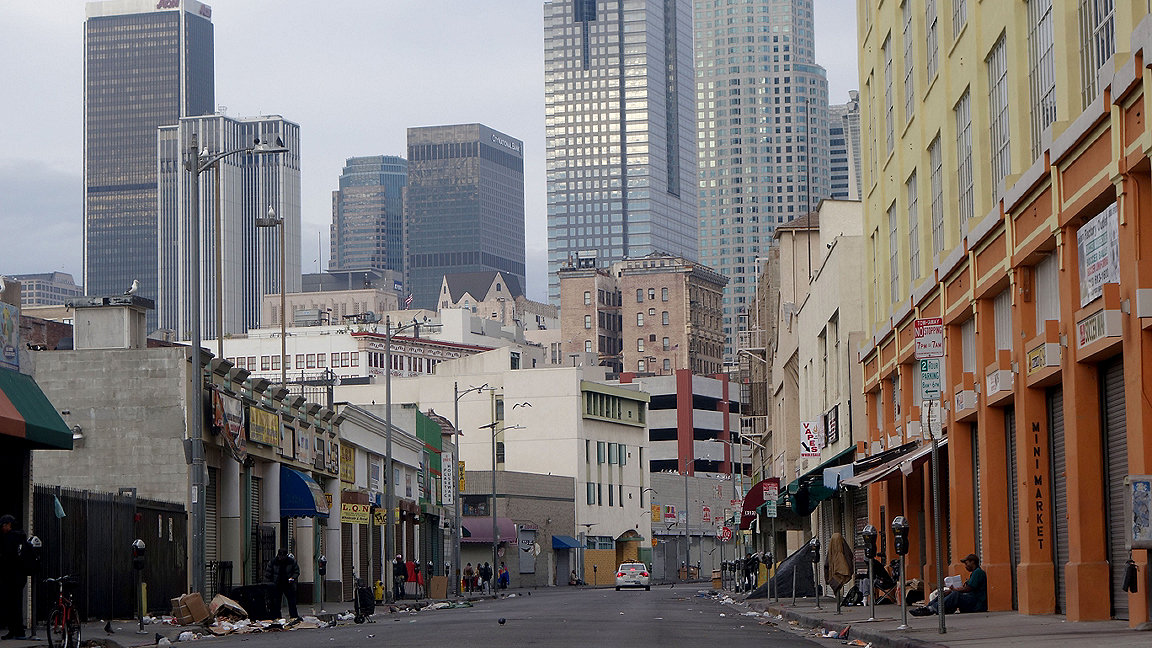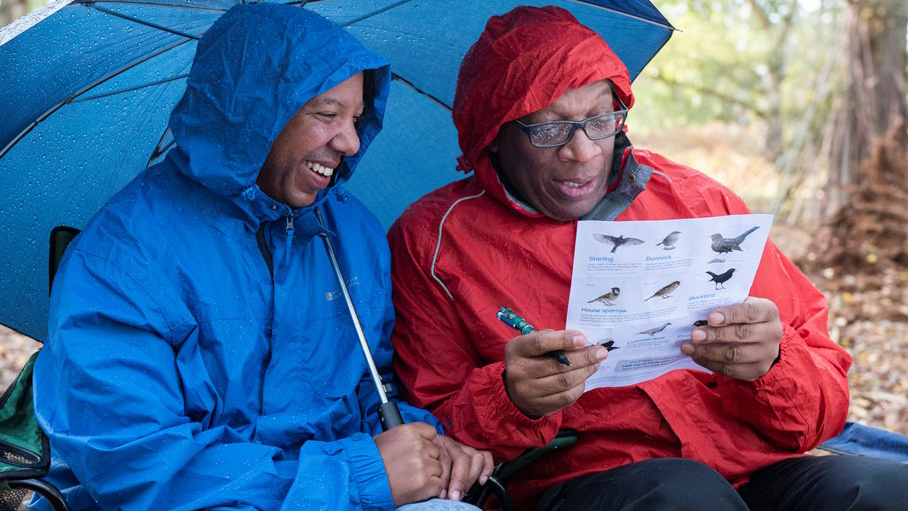
According to data from RICS and consultancy EY, only 1.2% of people working in the built environment in the UK identify as ethnic minorities. However, these groups make up 14% of the overall UK population.
According to the Design Council, 'the quality of the built environment has a significant role to play in tackling social disadvantage. Most people use and value parks and green spaces, but minority groups tend to have less local green space and it is of poorer quality.'
This offers a simple but significant example of inequality in the design of communities that can be the responsibility of those working in the built environment.
RICS members around the world should therefore be aware that their services and products should cater for all, and not only the most dominant ethnic group, whether in building, re-building, valuing, leasing, or buying properties. This is reflected in the RICS Rules of Conduct:
-
Rule 4: Members and firms must treat others with respect and encourage diversity and inclusion.
-
Rule 5: Members and firms must act in the public interest, take responsibility for their actions and act to prevent harm and maintain public confidence in the profession.
Housing inequality structured by racism
The Joseph Rowntree Foundation, an independent organisation working to tackle UK poverty, claims that 'more than a quarter of BAME working adults spend more than a third of their income on housing, compared to just more than one in ten white workers.
'BAME workers in the lowest-paid occupations are far more likely to face unaffordable housing costs than white workers in the same occupations or white workers on average … Immigration policy, discriminatory rental legislation and social welfare policy are among the [causes] of unequal housing outcomes for BAME communities.'
Statistically, the experience of non-white, ethnically diverse residents in cities – in terms of employment, crime, education and social systems across a lifetime – will be far more challenging than it is for their average white neighbours. This is unsurprising, because cities were historically designed by white men to best serve the elite social class. Today, the power still sits predominantly in white hands.
'The experience of non-white, ethnically diverse residents in cities will be far more challenging than it is for their average white neighbours'
Businesses import social discrimination
The clearest way that the built environment professions can include decision-makers from minority groups is to hire more diversely and support team members holistically. This would help to create spaces that support individuals from ethnic minorities and their communities.
As Baroness McGregor-Smith remarks in her review Race in the workplace, 'From initial recruitment, to the support an individual gets and their progression opportunities, processes need to be transparent and fair.'
However, radical changes in white-owned or managed businesses are unlikely to happen immediately without serious effort in checking white biases. McGregor-Smith points out that, 'in the UK today, there is a structural, historical bias that favours certain individuals ... Organisations and individuals tend to hire in their own image, whether consciously or not’.
In the article 'Why racism is a business issue', law firm Pinsent Masons also points out that 'structural racism is an urgent issue for business because companies import society's racism into their own ways of working without knowing it. You can employ not a single overt racist but still have an organisation that is discriminatory.' A scary thought.
The Confederation of British Industry suggests 'firms should do more to refocus social issues around racial justice. Corporates that are effective at demonstrating their social purpose tend to focus on a specific and relevant social problem to attack.'
The good news is that management consultancy McKinsey & Company believes investing deeply in a more diverse real-estate sector could help make business more resilient. Its 2020 report Diversity wins: how inclusion matters states 'the relationship between diversity on executive teams and the likelihood of financial outperformance has strengthened over time'. Its report claims that 'by increasing ethnic and cultural diversity on their top teams,' companies in both the USA and UK 'could potentially reinvigorate performance and growth', as well as their creativity and resilience.
Coming together to transform the sector
All this is why Real Estate Women drafted and published the Manifesto for an anti-racist built environment, in a time where the built environment sector is increasingly coming together to combat racism and the harms that result from it.
RICS signs MOU for diversity and inclusion
RICS has joined the Chartered Institute of Building (CIOB), Institution of Civil Engineers (ICE), Landscape Institute (LI), Royal Institute of British Architects (RIBA) and the Royal Town Planning Institute (RTPI) in signing a Memorandum of Understanding to drive forward the creation of a more diverse, equitable and inclusive build environment sector – find out more here.
As a group of developers, planners, architects, investors, landlords, surveyors, valuers, engineers, builders, lawyers, consultants, researchers and academics, we can offer insight into the needs of stakeholders in the built environment. We therefore need to hold ourselves accountable for our own actions and the collective actions of our community as well as the communities we represent.
We recognise that the discussion is no longer about preventing damage but about active repair, allowing the sector to improve itself over time. This is about genuinely acknowledging the problem and seeking change – as individuals, organisations and communities – today. But we cannot do this alone. We need the real-estate professions to come together to tackle the racism inherent in the built environment, and the racism that persists in companies themselves.
The manifesto aims to do this. It is a set of guidelines for those aspiring to best practice, based on consultation among black professionals in the built environment. We welcome others to join us by signing – not as a token gesture, but to demonstrate that you too understand there are avoidable inequities and that we would all be better off without them. In signing, you are accountable to yourself and the position you hold in real estate to make it more equitable for all.
Dominique Staindl is a consultant at Quality of Life Foundation and a Real Estate Women Committee Member
Contact Dominique: Email
Maria Wiedner FRICS is CEO of Cambridge Finance and founder of Real Estate Women
Contact Maria: Email
Related competencies include: Diversity, inclusion and teamworking, Inclusive environments

